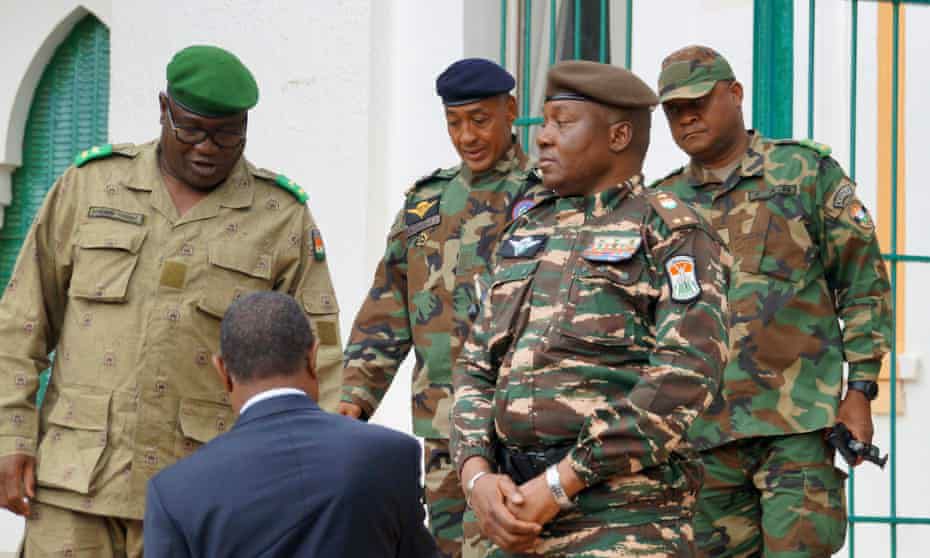The recent coup in Niger has elicited a significant show of support, with thousands of people taking to the streets in the capital to express their backing for the takeover. The display of solidarity raises questions about the dynamics and sentiments within the nation that have led to such widespread support for the new leadership.
As the regional economic bloc, ECOWAS has taken a strong stance against the coup in Niger, warning that it may resort to military force unless the democratically elected president is reinstated. This warning highlights the bloc’s commitment to upholding democratic principles and maintaining stability in the region.
Despite ECOWAS’ threat, the army leadership of Mali and Burkina Faso has taken a different approach, vehemently opposing any military intervention against Niger. The neighbouring countries’ stance underscores the complexities of regional dynamics and the potential implications of external interference.
The coup in Niger has sent shockwaves beyond the region, significantly impacting French President Emmanuel Macron’s Africa strategy. The unfolding events have left the former colonial power in a difficult position, prompting the evacuation of French citizens from the area and raising questions about France’s role and influence in West Africa.
The situation in Niger poses complex challenges for the nation and the broader West African region. Balancing popular sentiments, democratic values, and regional stability requires delicate diplomacy and cooperation among stakeholders to find a sustainable and inclusive solution.
Editors Note:
It is vital to advocate for a peaceful resolution to the crisis in Niger. While the coup has gained support from segments of the population, ECOWAS’ call for the reinstatement of the democratically elected president carries immense weight in promoting stability and democratic governance.
The coup in Niger has sparked a series of responses and reactions from regional and international actors. ECOWAS’ warning of potential military action to restore the democratically elected president highlights the gravity of the situation and the organisation’s commitment to democratic governance. As the crisis unfolds, the region faces crucial decisions and challenges that demand thoughtful and diplomatic approaches to navigate the path towards stability and prosperity. At Afrikan Frontier, we believe that it is imperative to closely monitor the developments and advocate for peaceful resolutions that respect the will of the people and uphold democratic principles in the region.

